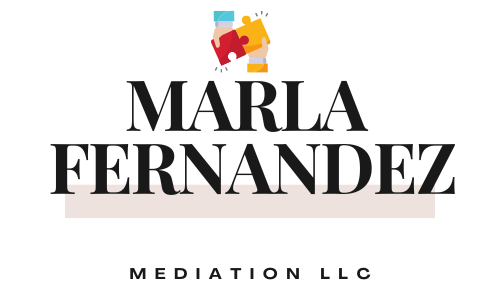Navigating the Complex Tapestry of Public Opinion: A Call for Transparent Representation
In a society marked by diverse perspectives, the recent legislative decisions regarding abortion rights in Colorado have brought to light the intricate tapestry of public opinion. While republican representation is the cornerstone of our political system, concerns arise when the Individual voices may be overshadowed by organizational influence.
Colorado Representative Meg Froelich’s assertion that interstate abortion protection was demanded by Coloradans prompts a reflection on the intricacies of our republican processes. The acknowledgment of division within the community and the potential impact of organizations on individual voices underscores the need for transparent and inclusive decision-making.
First and foremost, recognizing the diversity of opinions within our communities is paramount. The acknowledgment that individuals hold varying perspectives on issues such as abortion emphasizes the importance of respecting and considering the full spectrum of views. In a republican society, every voice should have an opportunity to be heard.
A key concern voiced by constituents is the potential influence of organizations on legislative decisions. Republican representation thrives when individual voices are amplified, and the concerns of the community are genuinely represented. To address this, transparency in the decision-making process becomes essential. Representatives must actively engage with their constituents, fostering an environment for open dialogue and feedback.
Community engagement goes beyond acknowledging the existence of diverse opinions; it involves actively seeking input from constituents. Transparent representation requires a commitment to understanding the nuanced views of the community. This can be achieved through surveys, town halls, and other mechanisms that allow for direct interaction between elected officials and the people they serve.
Balancing legislative agendas with the sentiments of the community is a delicate task. If there is a prevailing sentiment, as suggested by constituents, that individuals in Meg Froelich’s district are predominantly pro-life, it becomes incumbent upon representatives to reflect this sentiment in their decision-making.
While the Democratic Party is often characterized as a collective party, concerns persist that individual voices within the Democratic Party may be usurped by elite voices. The risk of elite voices overshadowing the diverse perspectives of individual Democrats emphasizes the need for internal party transparency and representation.
In our republican system, individuals consent to law when the laws are just. A just law aligns with God’s law because embedded in the Constitution is the idea that individuals are governed by God and have a choice to obey God or their own will. If individuals in America don’t obey God, then the Government is supposed to make laws aligning with God’s will so that individuals who don’t obey can, at the very least, be good moral citizens.
As we navigate the complexities of public opinion, fostering an environment for public discourse and education is paramount. By providing accurate information and creating spaces for constructive dialogue, we empower individuals to express their views and contribute to informed decision-making.
In conclusion, the path to transparent representation involves active engagement, understanding diverse perspectives, and ensuring that every voice is considered. In doing so, we uphold the principles of republicanism, where Individual will of the people remains at the forefront of legislative decision-making.
